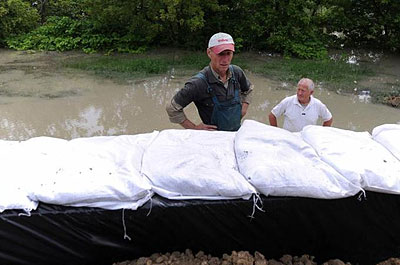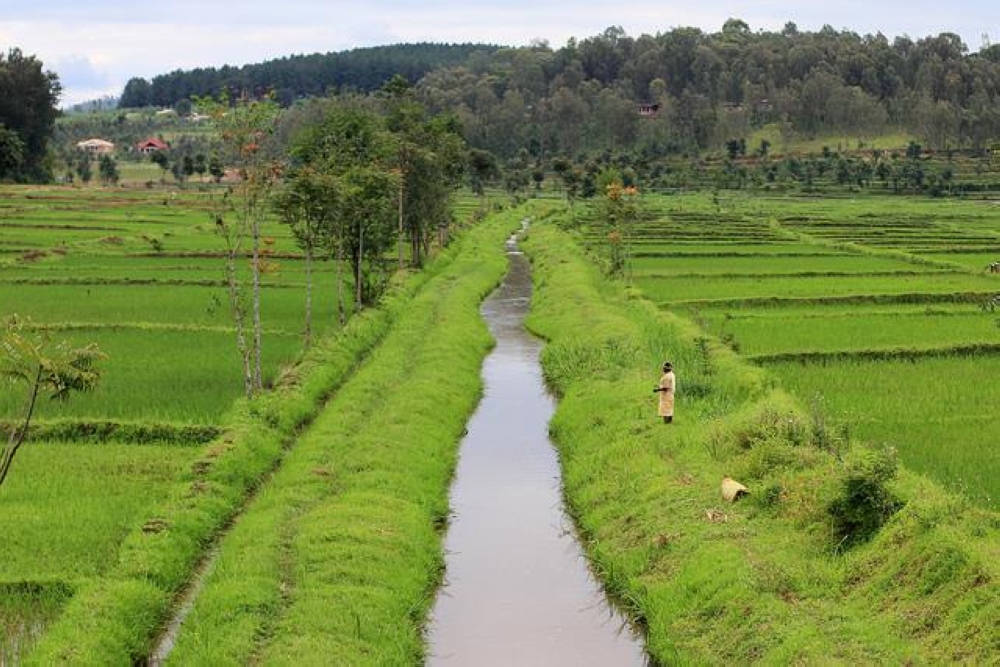Budapest. Thousands of Hungarians are working to reinforce dykes along the swelling Danube River, as Budapest braces for what is expected to be the worst deluge in 50 years.


Budapest. Thousands of Hungarians are working to reinforce dykes along the swelling Danube River, as Budapest braces for what is expected to be the worst deluge in 50 years.About 10,000 Hungarians, including soldiers and volunteers, are using sandbags to reinforce dykes along 700km of the river.Central Europe’s worst river floods in over a decade have already devastated large areas and forced mass evacuations in parts of Austria, Germany and the Czech Republic.In Hungary, the Danube had risen to record levels in the west of the country by Friday morning."It is now clear that we are facing the worst floods of all time,” Hungary Prime Minister Viktor Orban, who spent the night at a military barracks in the deluged western city of Gyor, was quoted as saying in a statement.Budapest was expected to be worst hit on Monday, with forecasters predicting the river will rise to as high as 8.85 metres, some 25 centimetres higher than the last record set in 2006.On Thursday, the Elbe River peaked in the eastern German city of Dresden engulfing surrounding areas.Residents and emergency crews had worked through the night on Thursday to fight the floods in the city.The military and the national disaster team sent more support in a frantic effort to shore up sandbag levees and riverbanks as floodwaters that have claimed 16 lives since last week surged north.The Elbe hit 8.76 metres around midday, well above its regular level of two metres.However, it was not high enough to damage the city’s famous opera, cathedral and other buildings in its historic city centre, which was devastated in a flood in 2002.Al Jazeera’s Nick Spicer, reporting from Dresden, said that the river is expected to stay at a high level for a longer time than the previous flood."So the watch continues in the air and by the river in a town mobilised to prevent history from repeating itself,” he said.So far, eight people in the Czech Republic, five in Germany, two in Austria and one in Slovakia have died from the floods.Germany has 60,000 local emergency personnel and aid workers, as well as 25,000 federal disaster responders and 16,000 soldiers now fighting the floods.






